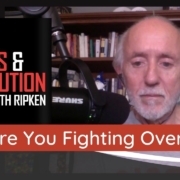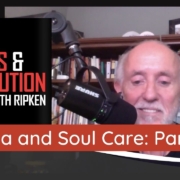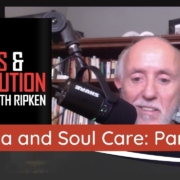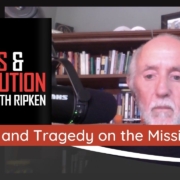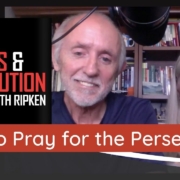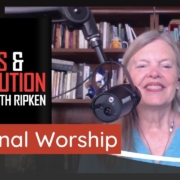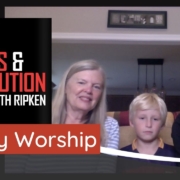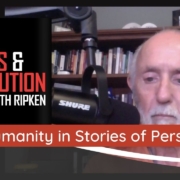Who Are You Fighting Over?
In this episode, Nik recounts his time amongst believers in persecution in China. Nik comes to discover how believers in persecution keep their eyes focused on the important things of the Kingdom. Who gets to share Jesus with the lost?
Be sure to subscribe to the Witness & Persecution Podcast on your favorite platform.
Faith Under Fire for Believers in Persecution
In a world marked by comfort and convenience, where religious freedoms are often taken for granted, it takes a journey into the heart of adversity to truly understand the depth of one’s faith. Nik recounts his time amongst believers facing persecution in China. This episode shows a stark contrast between the resilience of those who endure persecution and the passive attitude in Western Christianity.
Nik’s teaches us about a remarkable aspect of the Chinese Christian community – a community where believers face imprisonment for spreading the message of Christ. As he details the lives of these resilient individuals, he teaches us about a striking gender dynamic that challenges preconceived notions about the roles of men and women in the church.
The women in China play a crucial role as church planters. It’s a role that comes with a heavy price – three months of imprisonment. In a society where women are often stereotyped and confined to traditional roles, these brave souls defy expectations. They willingly embrace the risks associated with sharing the gospel.
Contrary to this, Nik highlights a passive attitude prevalent in Western Christianity. In many Western societies, religious freedom is the norm, and believers can practice their faith without fear of persecution. Yet, this comfort often breeds complacency, and the willingness to endure hardship for the sake of evangelizing is scarce.
The stark difference in the level of commitment becomes evident when comparing the imprisonment terms for male and female church planters in China. While women face a relatively short three-month sentence, their male counterparts endure a staggering three years behind bars. This discrepancy is not just a reflection of the Chinese legal system but a testament to the unwavering dedication of these men, who are willing to sacrifice years of their lives for the sake of the Kingdom.
Would You Trade Freedom for the Gospel?
Nik’s narrative raises a challenging question for Western believers: How many would be willing to go to jail for evangelizing? In a society where individual rights are paramount, the idea of voluntarily giving up freedom for the sake of sharing one’s faith seems inconceivable for many.
In this way, Nik uncovers the resilience and unyielding determination of believers facing persecution. Their focus remains unwaveringly fixed on the crucial mission of the Kingdom – sharing Jesus with the lost. In the face of imprisonment, these Christians do not waver or compromise. Instead, they stand as beacons of unwavering faith, undeterred by the adversities that surround them.
The Chinese believers’ dedication challenges the status quo of Western Christianity. The emphasis on comfort often overshadows the urgency of spreading the gospel. Nik prompts believers in the West to reevaluate our commitment to the core principles of the faith.
Rethinking Persecution
Perhaps the challenge lies in redefining the understanding of persecution. In the West, persecution might not manifest in the form of imprisonment or physical harm. It may take on subtler forms. It could be the fear of social ostracization, the loss of reputation, or professional setbacks. Nik asks believers to reflect on the depth of our commitment. He asks us about the extent to which we are willing to endure discomfort for the sake of the gospel.
Furthermore, the gender dynamic revealed in Nik’s account challenges prevailing stereotypes about the role of women in the church. In China, these women are not confined to the sidelines. They are on the frontlines, fearlessly planting churches and spreading the message of hope. This challenges Western believers to reassess their views on gender roles within the church and recognize the diverse gifts and callings that both men and women bring to the table.
In conclusion, Nik’s recounting of his time amongst believers in persecution in China offers a profound glimpse into a world where faith is not just a Sunday ritual but a courageous and sacrificial way of life. It compels Western believers to reassess their priorities and challenges them to confront the realities of a world where sharing the gospel comes at a significant cost. The question lingers: In the face of adversity, where does our focus lie – on the trivialities of comfort, or on the eternal significance of sharing Jesus with the lost?

